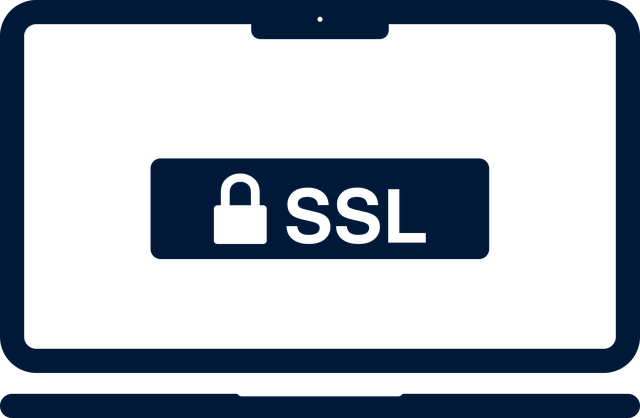In an era where digital security is paramount, securing a website and its subdomains is a critical task for any organization. Wildcard SSL certificates emerge as a powerful solution, offering a convenient and cost-effective way to protect an entire domain and its multiple subdomains. This comprehensive guide dives into the world of Wildcard SSL, detailing its benefits, how it works, and why it’s a vital component in your digital security strategy.
Understanding Wildcard SSL Certificates
What is a Wildcard SSL Certificate?
A Wildcard SSL certificate is a digital certificate that secures not only a single domain but also an unlimited number of its subdomains. It’s represented by the wildcard character “*”, which stands for any valid subdomain name. For example, a single Wildcard SSL for *.example.com can secure mail.example.com, shop.example.com, and any other subdomain.
Benefits of Using a Wildcard SSL
- Security Without Compromise: Wildcard SSL certificates offer robust encryption across your main domain and subdomains, ensuring a secure environment for users.
- Cost-Effective: Instead of purchasing individual certificates for each subdomain, a Cheap Wildcard SSL covers all under one umbrella, saving costs.
- Simplified Management: Managing one certificate for multiple subdomains is far easier and less time-consuming than handling multiple SSL certificates.
Wildcard SSL in Action
Single Certificate, Unlimited Subdomains
With a Wildcard SSL certificate, you can secure an unlimited number of subdomains. This feature is particularly beneficial for businesses that have multiple subdomains or plan to expand their online presence.
OV and DV Wildcard SSL Certificates
Wildcard SSL certificates come in two main types: Organization Validation (OV) and Domain Validation (DV). OV SSL certificates require a thorough validation process, ideal for organizations that need a higher level of trust. DV SSL certificates, on the other hand, offer a quicker validation process, suitable for smaller websites or blogs.
The Lifecycle of a Wildcard SSL Certificate
Certificate Issuance and Validation
Obtaining a Wildcard SSL certificate involves generating a CSR (Certificate Signing Request) and undergoing a validation process by a Certificate Authority (CA) like DigiCert. The level of validation varies based on whether it’s an OV or DV certificate.
Certificate Management and Renewal
Managing a Wildcard SSL certificate involves monitoring its lifecycle, ensuring it doesn’t expire, and renewing it when necessary. Efficient management ensures continuous protection and avoids the risks associated with an expired certificate.
Deploying Wildcard SSL for Optimal Security
Securing Multiple Domains and Subdomains
While a Wildcard SSL certificate secures unlimited subdomains under a single domain, it’s important to note that it doesn’t cover multiple different domains. A multi-domain or UCC (Unified Communications Certificate) might be required for that.
Encryption and Authentication
Wildcard SSL certificates encrypt the data transmitted between the server and the client, ensuring privacy and security. They also authenticate the identity of the domain, adding a layer of trust for website visitors.
Compatibility and Flexibility
These certificates are compatible with most servers and browsers, offering great flexibility. They allow you to secure multiple subdomains on multiple servers, using the same or different private keys.
Choosing the Right Wildcard SSL
Factors to Consider
When looking to buy a Wildcard SSL certificate, consider factors like the number of subdomains, the level of trust you need to establish (DV or OV), and the reputation of the Certificate Authority.
Support and Assistance
Choosing a provider with a reliable support team is crucial. They can assist with CSR generation, SSL installation, and any issues arising during the certificate’s lifecycle.
Also Read: Yearly Magazine
Conclusion: Secure Your Domain with Confidence
Wildcard SSL certificates are a convenient and cost-effective solution for securing your website and its subdomains. By choosing the right type of Wildcard SSL, you can ensure security without compromise, safeguarding your primary domain and all its associated subdomains. Whether managing a large e-commerce site or a growing blog network, a Wildcard SSL certificate offers the flexibility and protection you need to keep your online presence secure and trustworthy.
Related Post:







